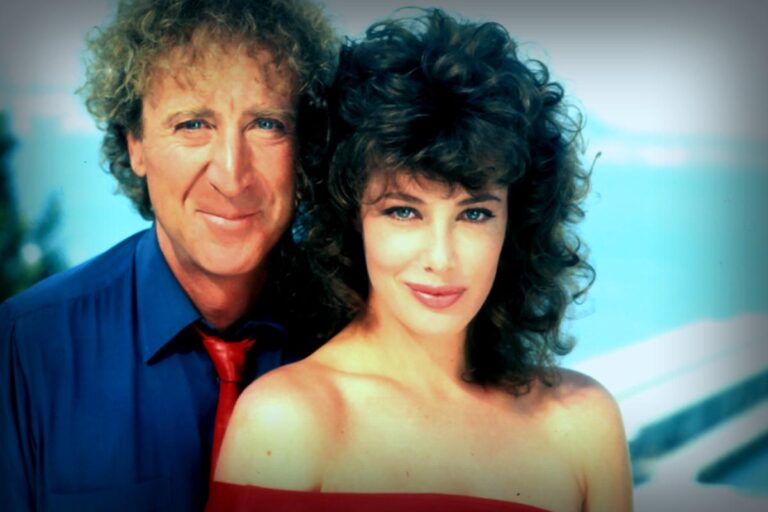Let’s be real: stress at high levels is not just annoying—it can be lethal. Research highlighted on PMC reveals that individuals under constant high stress have a 43% higher chance of dying prematurely compared to their more relaxed counterparts.
So, why is stress a serious health threat? Aside from influencing us towards bad habits like late-night snacking or smoking, it sends cortisol levels through the roof. This surge leads to a whole domino effect of issues, like raising your blood pressure, cholesterol levels, and blood sugar—which, you guessed it, are all red flags for heart disease.
Given all this, finding ways to manage stress effectively is crucial. However, one commonly practiced evening ‘unwinding’ method may do more harm than good—yep, we’re talking about alcohol.
Evening Drinks Could Harm Your Heart
If you tend to wind down nightly with a couple of drinks, it might be time to tweak your routine. According to several experts we consulted, this approach could jeopardize heart health, and that counts for indulgences like red wine too!
Dr. Paul Drury, MD, a cardiologist at MemorialCare Saddleback Medical Center, emphasizes that “drinking wine or any alcohol in excessive amounts offers no benefits for heart health commitment.”
You might have heard that red wine has its perks for the heart. While it’s true that certain antioxidants can bring some help in lowering cholesterol, Dr. Drury insists that any benefits are overshadowed by the downsides of alcohol. He recommends just having red grapes instead!
Dr. Joshua Weisbrot, MD, FAAC, another cardiologist, notes that alcohol temporarily lowers blood pressure because it encourages relaxation right after a drink.
This reduction is largely due to its effects as a vasodilator, which relaxes blood vessels—a point supported by clinical dietitian Lindsay Malone, RD. “It acts as a vasodilator, helping to cool you down, thanks to how it affects nitric oxide pathways,” she states.
But here’s the kicker: Dr. Weisbrot warns that alcohol shouldn’t take the place of actual medication for blood pressure since they work in different ways. While it may offer a slight dip in blood pressure temporarily, the long-term effects tell a different story.
“After a few hours and particularly with more drinks in your system, the body reacts in the opposite direction—as your sympathetic nervous system revs up, blood pressure inevitably rises. It’s tricky; you might feel calm while your heart rate rises,” says Malone. Dr. Drury adds that typically, blood pressure spikes around 12 hours after drinking.
Consistently tapping into even a moderate daily drink can lead to long-term setbacks. Dr. Drury cites studies suggesting that even moderate drinkers have a heightened risk of developing hypertension. Good news arises for those cutting down on alcohol: reducing intake can significantly lower blood pressure all by itself.
In agreement, Malone warns that frequent alcohol consumption—at any level—can increase blood pressure over time. Acute effects linger into sleep disturbances, elevate stress hormones, and put strain on the liver.
There’s some research highlighting a “J-curve” where light drinkers have a slightly reduced risk, but this advantage diminishes quickly. According to the American Heart Association, low-frequency consumption is far safer than daily habits, if the impulse to drink arises at all!
Healthier Alternatives for Unwinding
Since both stress and alcohol can wreak havoc on heart health, what are healthier alternatives to unwind? Dr. Weisbrot says ditch the drink for a daily walk or hitting the gym. “Regular aerobic exercise and strength training are fantastic formulae for lowering blood pressure, boosting circulation, and slashing cardiovascular risks,” he explains. Malone also recommends evening yoga or gentle stretches for a calming effect that promotes heart health.
If exercise energizes you rather than unwinds you, dive into a creative hobby like knitting, painting, or even solving puzzles to relax after a long day. Want a drink to hold? Opt for a delightfully refreshing mocktail or non-alcoholic red wine or beer.
It also helps your stress levels when you’re with family or pets, as Malone points out.
Dr. Drury reminds us, “There are plenty of healthier ways to kick back beyond just drinking. Select what works best for you and incorporate that into your nighttime relaxation. Occasionally enjoying a drink when celebrating won’t cause issues, but leaning on alcohol for stress relief can be a slippery slope. Aim to create a winding-down routine that keeps your heart happy!”
Sources:
- Dr. Paul Drury, MD – Cardiologist at MemorialCare Saddleback Medical Center
- Dr. Joshua Weisbrot, MD, FAAC – Cardiologist with Atlantic Health
- Lindsay Malone, RD – Clinical Dietitian and Nutrition Instructor





















